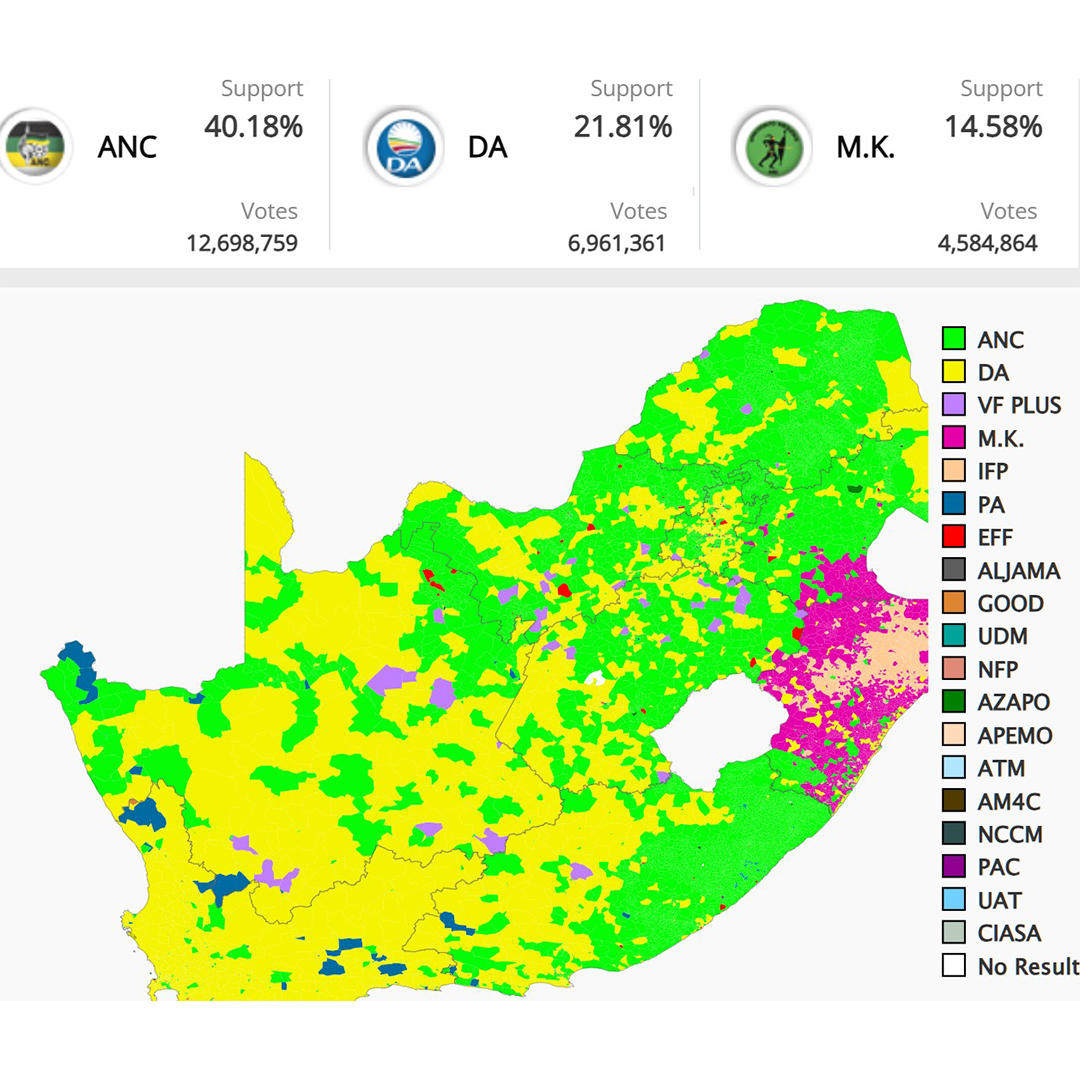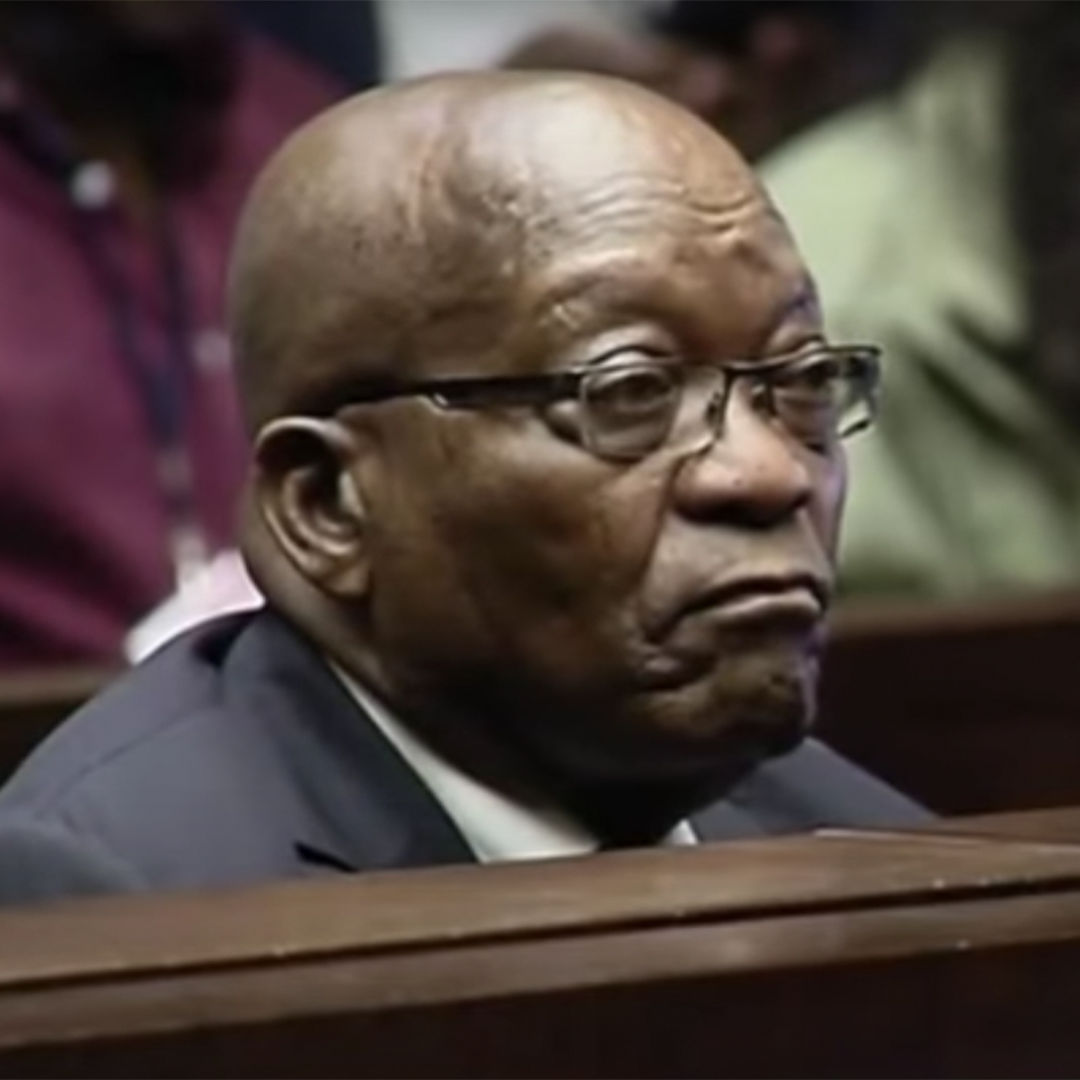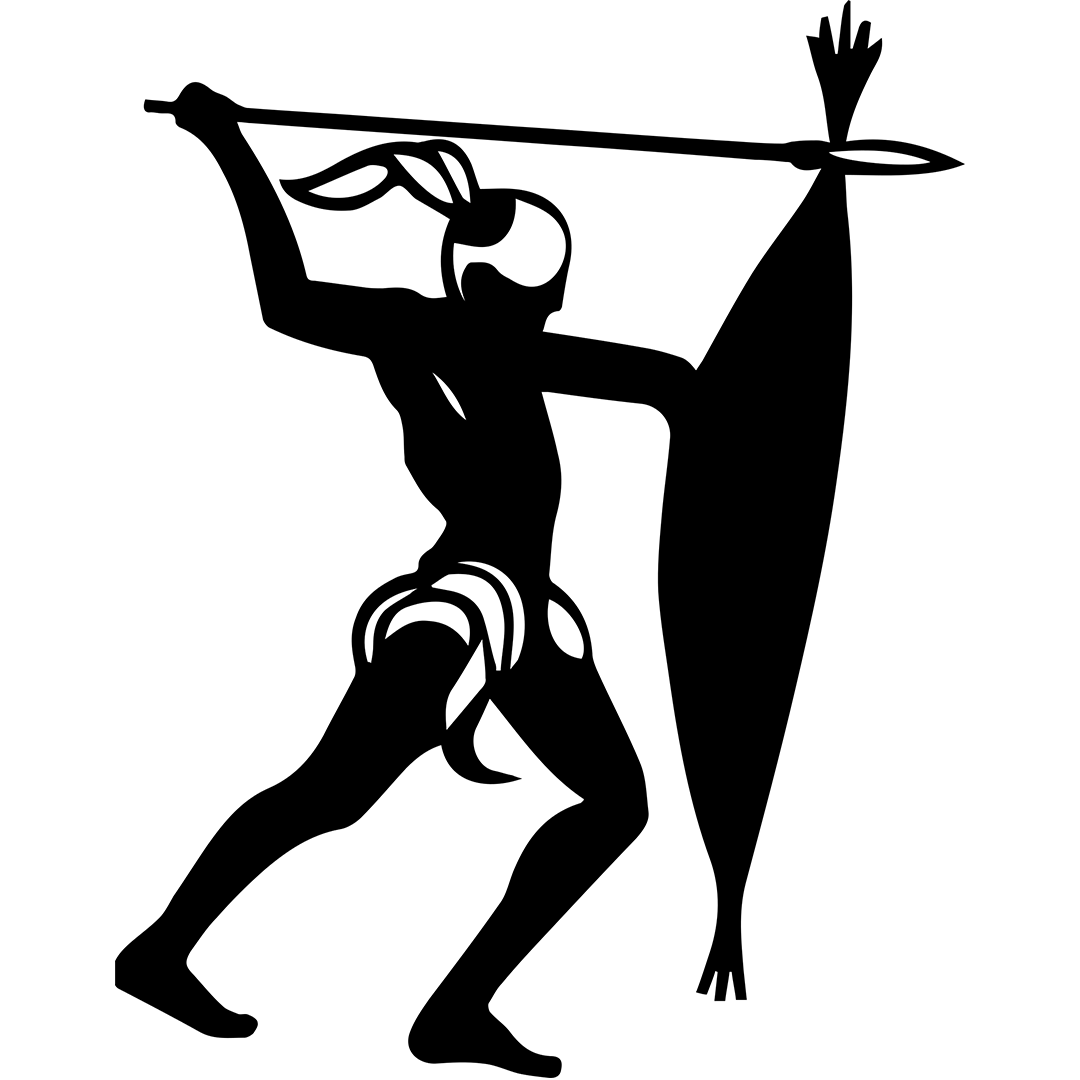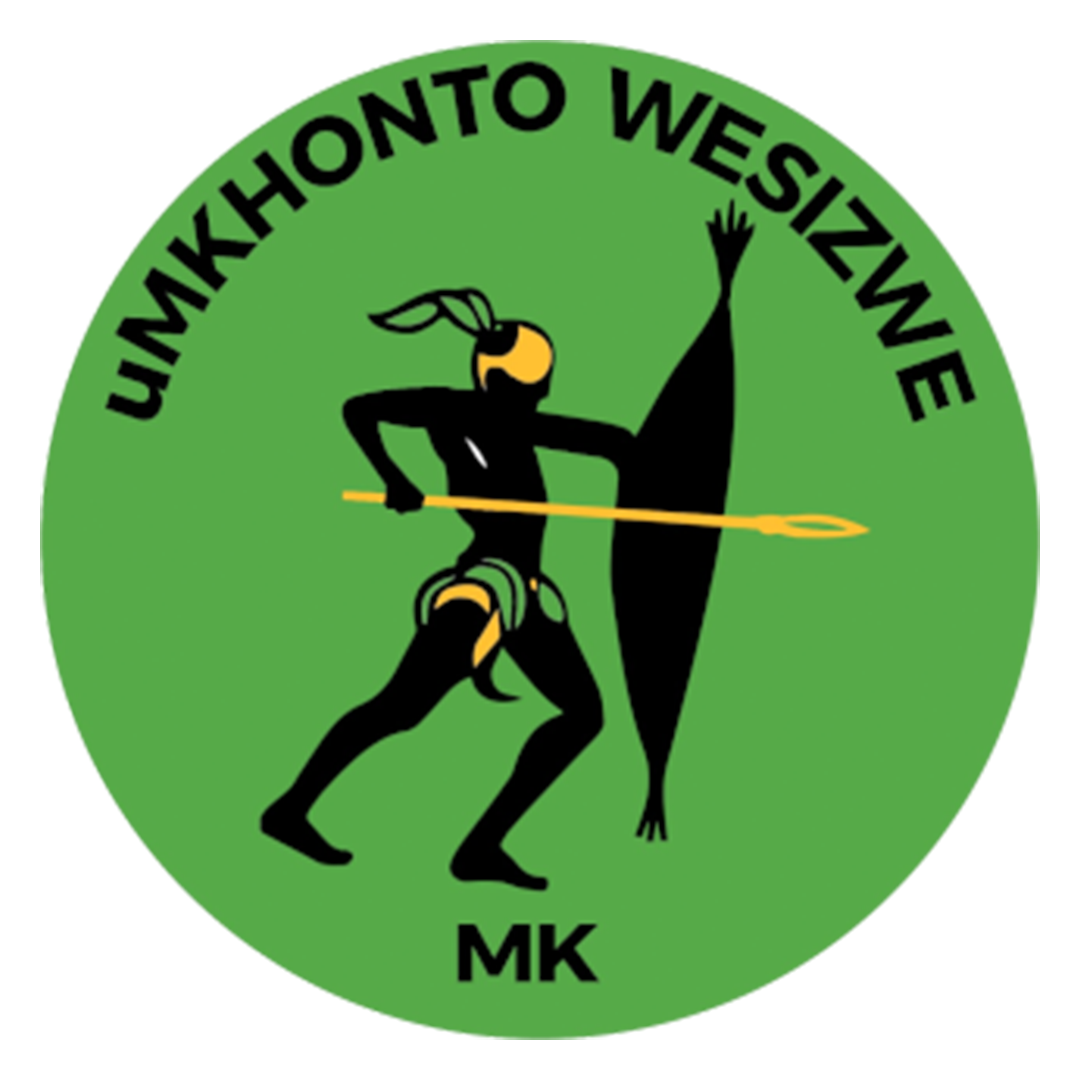Historic South African Election Dethrones Ruling Party ANC
For the first time in its relatively short history, the Republic of South Africa is no longer a de facto one-party state. This coming after a heavily contested 2024 South African election held on May 29 that saw a larger number of voters turning against the ruling African National Congress — a political party, once led by Nelson Mandela, that has dominated the South African government for the past 30 years.
But while the traditionally left-leaning ANC lost its majority in Parliament, it was still able to retain a little over 40% of the vote — more than enough to remain the single largest party. The more right-wing Democratic Alliance, or DA for short, was able to defend its second place standings, securing a little more than 20% of the total vote.

But in a more surprising twist, a party that has only been in existence for seven months, known as uMkhonto we Sizwe (or the MK party for short), placed third, winning almost 15% of the vote. This shock victory for the MK party has come at an expense to both the ANC and the former third place contender in the Economic Freedom Fighters, who lost a considerable amount of votes to the former.
For the first time, the MK party has now supplanted the ANC as the dominant political party in the crucially important province of Kwazulu-Natal. This makes Kwazulu-Natal and the Western Cape — which has been controlled by the DA since 2009 — the only two non-ANC controlled provinces in South Africa.
After losing the majority vote in unprecedented elections, the ANC was forced to enter into separate negotiations with all major parties to discuss the terms of forming a functional coalition government, per the country’s constitution. In order to form a majority government in parliament, the ANC would ultimately need to form a coalition that included either the second place DA or the third place MK party.
Many within the South African business elite actively lobbied for an ANC-DA partnership, fearing an alternative that was termed by the DA as a “doomsday coalition” between the ANC and one of its far leftist split-offs in the EFF and/or MK party. The fear included the possibility of the government seizing land and assets currently owned by wealthy, predominantly white business owners.
The MK party would go on to announce that they were open to the idea of a coalition with the ANC, but that any deal would have to include Cyril Ramaphosa’s removal from the presidency. This is due to the ongoing political conflict between Ramaphosa and Zuma that has been brewing ever since the former supplanted Zuma as South African President in 2018.
The ANC ultimately decided against the MK party’s ultimatum, instead forming a coalition with the DA, and a number of its smaller right-wing party allies — including the white nationalist Freedom Front Plus or “FF Plus.” In this way Ramaphosa was able to keep his position as South African President in exchange for a number of executive cabinet positions, which had been previously reserved exclusively for high ranking ANC party members.
The ANC was able to keep 20 of the 32 total cabinet ministers with the remaining 12 given to the leaders of various coalition parties. The leader of the DA, John Steenhuisen, for example, was appointed Minister of Agriculture.
More notable, the leader of the white nationalist FF Plus, Pieter Groenewald, was appointed Minister of Correctional Services. It’s the first and only cabinet position that the party has ever obtained and is a remarkable advancement for them considering they actually lost votes and were only able to secure around 2% of the vote.

Though this coalition has been coined by the ANC as the “government of national unity,” it notably does not include the EFF or MK party which have now assumed roles as the leading opposition parties in Parliament.
A Dark Horse Emerges: The Resurrection of Jacob Zuma
Due to the continued escalation of poverty, crime and the South African energy crises, the ANC had been predicted to lose its majority well before the elections. What wasn’t predicted, however, was the resurgence of the left-wing populist, Jacob Zuma.

Zuma initially came to power in 2009 as an ANC party leader, advocating more broadly for state-sponsored wealth and land redistribution programs for the benefit of South Africa’s poor. This led to him establishing a sizable base amongst large sectors of South Africa’s disenfranchised, especially those in the rural countryside of Kwazulu-Natal.
However, a string of corruption scandals and criminal charges were filed against him, leading to him being deposed by his own party and replaced by current President Cyril Ramaphosa in 2018.
When Zuma was sentenced to prison for 15 months after being found in contempt of court, his supporters initiated a series of decentralized direct actions throughout Kwazulu-Natal, which quickly snowballed into a month-long insurrection across the coastal province and the neighboring Gauteng province.
Still, Zuma would only serve two of the 15 total months he was sentenced to, owing to the Department of Corrections’ final decision to release him on “remission,” citing overcrowding in the prison system. After his release, Zuma would go on to become the leader of the newly formed MK party in December 2023.
MK is a reference to the ANC’s former paramilitary wing that was engaged in a decades-long guerilla warfare campaign against South Africa’s then-Apartheid government. Zuma had served as MK’s intelligence chief during the later years of that conflict.
Nevertheless, the original MK has long disbanded and integrated into the South African National Defense Force in 1994. Even with the original MK name not in use anymore by the ANC, that didn’t stop them from legally challenging Zuma and the MK Party’s right to use it. However, the ANC lost in court.


The road to political recovery for Zuma has thus been a rough one, as he was ruled ineligible to run for parliament merely a week before election day. Despite this and the internal party conflicts that have since been reported over Zuma’s leadership, he has shown a remarkable ability to survive numerous high level scandals and controversy. And though his party lost out on a coalition and failed to remove Ramaphosa, he still clearly maintains considerable influence within Kwazulu-Natal and thus South Africa’s wider political sphere.
What Happens Now?
In its near 115-year history, South Africa’s political system is now being tested in ways it has never been. There is no longer a singular political party dictating government policy. On the one hand, many are celebrating a historic moment in the country’s history that offers a glimmer of hope. Others however, fear that it could result in the government becoming even more unstable and paralyzed by increased political conflict.
Though the ANC remains dominant, it is now being forced to share that power and play nice with its top competitor in the DA, a difficult task considering the years-long animosity that exists between them. No longer can the ANC mandate government policy without first obtaining the DA’s blessing and vice-versa. If they can’t get on the same page, then the two’s disagreements could lead to further government inaction and paralysis.
If the ANC continues down the projected path of gradually fading away with its steadily ageing supporter base, the ultimate question then becomes who or what will replace them? The answers to this massive question have produced a great deal of both excitement and anxiety in South Africans. Excitement at the possibility of becoming a more equitable society and also anxiety at the potential for things to somehow get worse.
One thing that many can agree on, though, is that the current state of affairs is unsustainable and drastic changes will have to be made. What those changes are and primarily for whose benefit are once again the biggest questions still looming over the country.
Follow us on X (aka Twitter), Facebook, YouTube, Vimeo, Instagram, Mastodon, Threads, BlueSky and Patreon.
Please consider a tax-deductible donation to help sustain our horizontally-organized, non-profit media organization:



